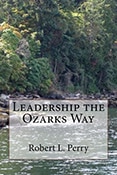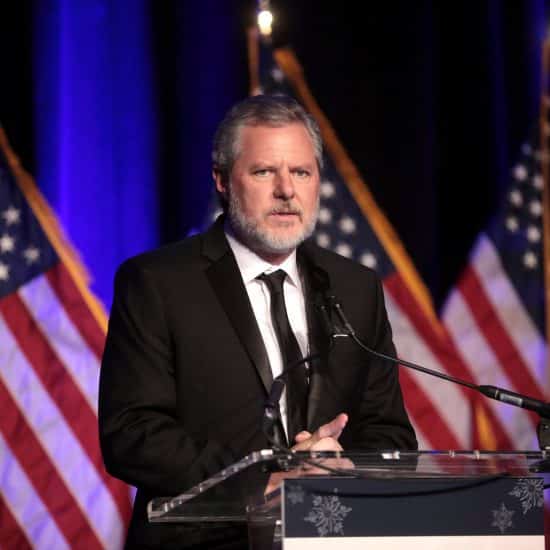As a young man, Robert L. “Bob” Perry wanted to be an architect, but he believed his Ozark upbringing made that dream impossible. Instead, his Ozark qualities have made him an architect of leadership foundations for church leaders and a promoter of following dreams.
The longtime Baptist wrote Leadership the Ozarks Way as a way to celebrate his childhood on a farm near Verona, Mo., and to share the leadership lessons he and about 20 fellow Ozarkers learned that contributed to their success. The book is based primarily on individual interviews, with history drawn from several sources. He acknowledges the strong influence of many generations of immigrants from Scotland, Ireland and England.
 Bob PerryThe idea for the book began percolating as his understanding of church leadership grew. “As a director of missions, starting 30 years ago, I felt a role for the association was in…strategy development and leadership development,” Perry said.
Bob PerryThe idea for the book began percolating as his understanding of church leadership grew. “As a director of missions, starting 30 years ago, I felt a role for the association was in…strategy development and leadership development,” Perry said.
His leadership experience and expertise developed through service as a Missouri pastor, as a DOM in Missouri and Virginia and as an international missionary to Mexico. He and wife Marilyn ministered in large urban centers, including Washington, D.C. The pair retired from their respective ministry positions in 2003.
As they contemplated where to settle after retirement, Perry “felt a strong pull back to the Ozarks…. Over the years I had noticed…quite a few Missourians in other areas. It got me started thinking [about] what are the basic qualities that might be shared.”
The ideas for the book formed while Perry was still in Virginia. When he returned to southwest Missouri, he contacted Thomas Field, former pastor of First Baptist Church in Springfield and a former president of William Jewell College. The book began to develop with that first interview.
“I wanted to identify those leadership qualities,” Perry explained. “I found a lot of down-home, common sense leadership. Paul Swadley was a good example.” Swadley is a longtime pastor in Missouri, who served South Haven Baptist Church in Springfield for 25 years.
 The pervasiveness of technology, use of virtual offices and the rise of social media likely may change the Ozark style eventually, Perry noted.
The pervasiveness of technology, use of virtual offices and the rise of social media likely may change the Ozark style eventually, Perry noted.
“Some of those traits may survive over time,” he said.
But other attributes may take different forms. The Ozark work ethic may be one. “I’m glad I grew up with it but it’s not the work ethic of Millennials…. Young people work hard today but they don’t want to punch a clock,” he added.
The agrarian culture also is fading. “When I was a pastor in Missouri, my background was very helpful…. I’m not sure it would translate today.”
In the future, Perry might consider writing a sequel to Leadership the Ozarks Way to catch a glimpse of those changes and the ways in which they might have built upon and deepened the qualities from past generations.
“I think if I decided to interview 30-to-40 somethings, the book would look very different,” he said. “There have been a number of fine young pastors who have come to Missouri in the last few years.”
Perry has used the book in his current role as director of church health for Greene County Baptist Association in Springfield. He concentrates on strategy development for dying older congregations, leading to revitalization, merger or replanting.
He also has talked with area school administrators about using the book or allowing him to talk with teachers. That desire stems from his background and an open letter to Ozark children he has included in the book.
When Perry shared his desire to be an architect, his father took him to meet one in Springfield. The professional talked about the number of years of schooling required. “I decided I couldn’t be an architect because the family didn’t have enough money and I didn’t want to be in school that long,” Perry said.
“So I lowered my sights because I was a poor Ozarks kid. I nearly limited my future by limiting myself.”
He wants to help children and adults understand that they don’t have to limit themselves. “Don’t let disadvantages limit your vision,” he said.






